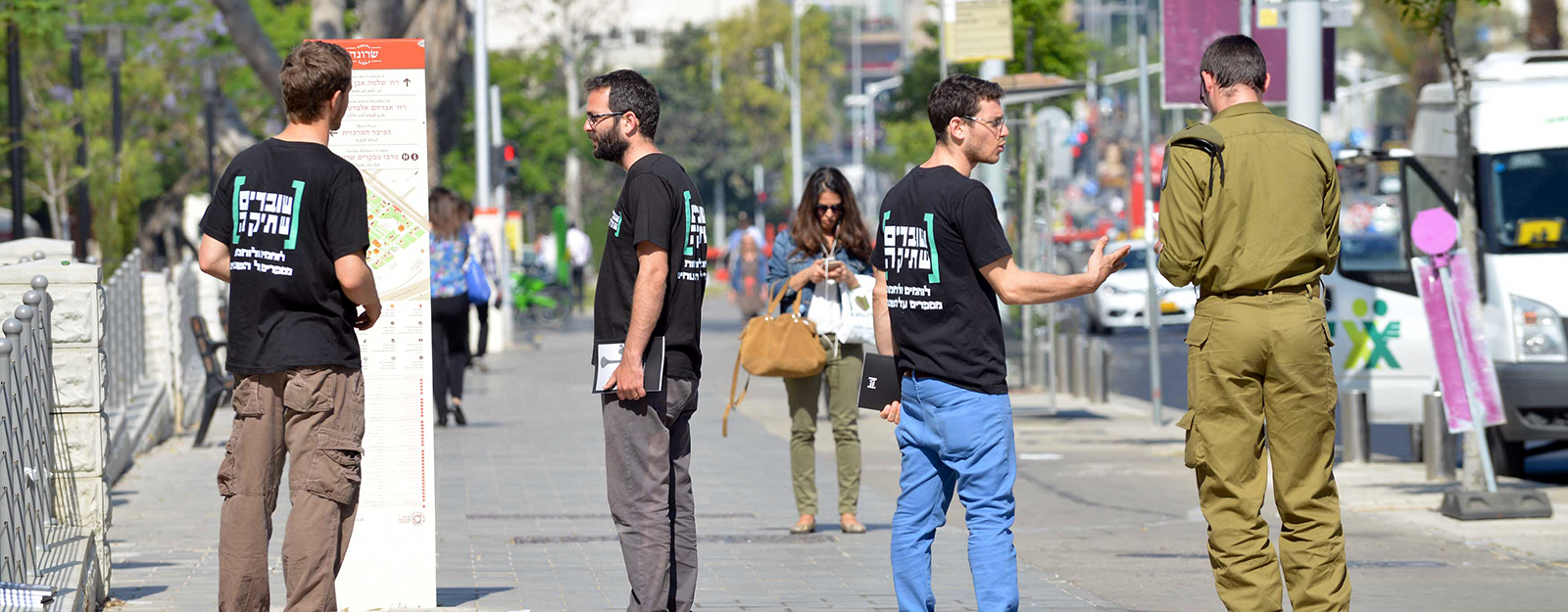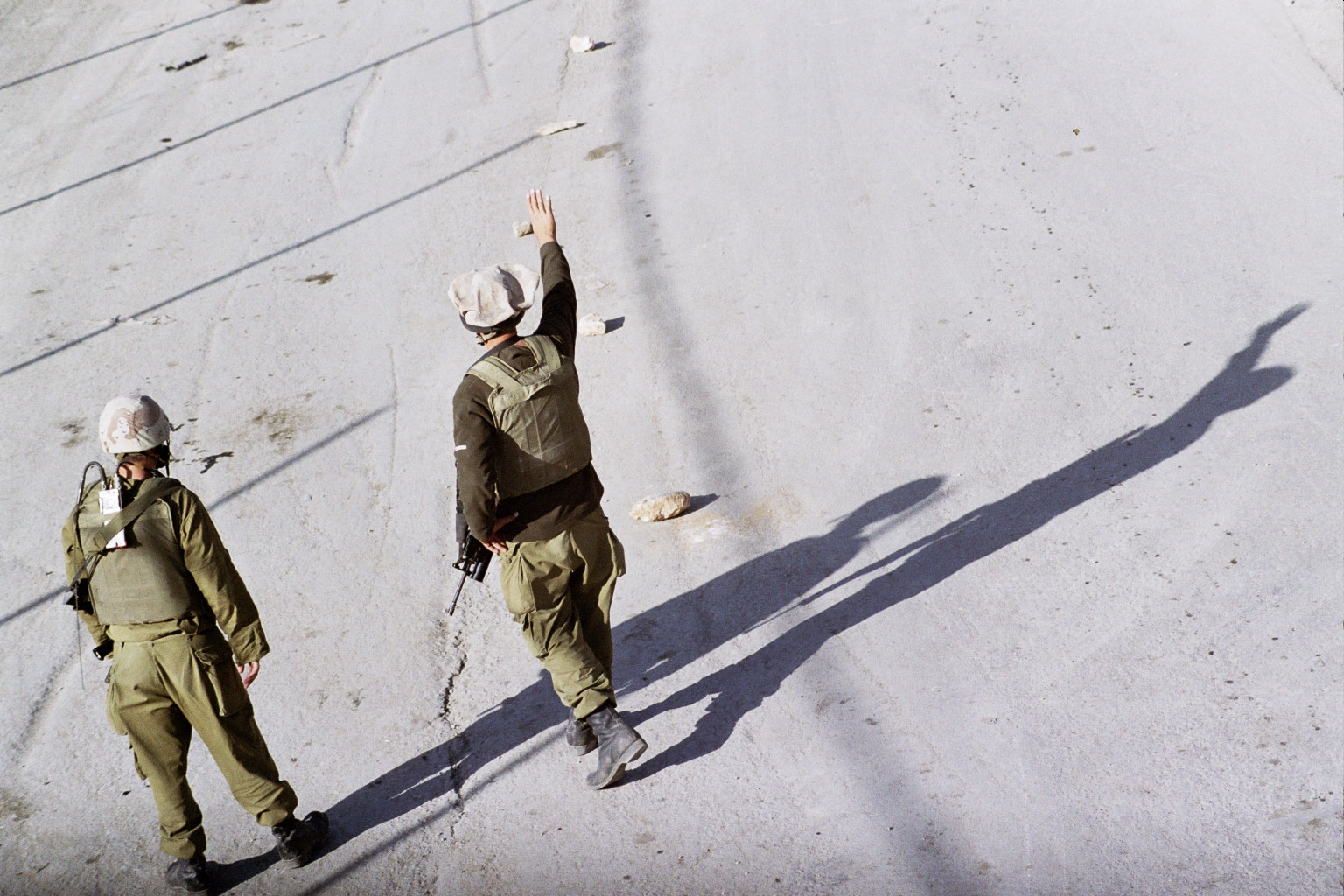Was this defined as training? They know they’re going out on a mapping mission. For them, this is a dangerous activity, at least theoretically. I mean, they were preparing for an environment that could be hostile, nothing else was defined. But they knew they were going into a house not in order to arrest someone. Just like that.
As an officer, you know that there’s no real intelligence issue here. Not just me, everyone knows. Basically, it’s an initiative of the commander of the force, who says: I need to do something now, let’s put something together. “
Give me the home of some innocent person who is not a collaborator”. Yes. Usually he would even ask, what do you think of this house, could we work on it? Then he would make the necessary inquiries.
Battalion commander? Company commander? Who chooses the house? Who initiates the action? The company commander, with the approval of the battalion commander, then the brigade commander. In the end, the brigade commander approves everything.
You used the expression “a sense of being chased”. What is that? I think that’s the term. I’m pretty sure that’s how things were put, the expression that was used. What was the point? To create a sense of being chased. The idea was that people, terrorists, would constantly see the army entering houses near them and areas near them and feel pressured, be afraid, keep switching hideouts, and also the aim was to prevent them from going out on attacks, as well as hoping that somehow these feelings could produce intelligence. That’s the meaning of ‘being chased’.
Did you do a lot of mappings for practice, like that? It happened a few times. In the end, it happened on nights when there were no arrests carried out or when we weren’t preparing for any of our projects. We were in operational activity most of the time. When we had nothing to do, then it happened. Not dozens of times. Several times, ten times, something like that.
And those mappings, how far did they go? Making people get out of the house, checking them, questioning them: Who are you, who is your brother, who is your father. Soldiers getting out of vehicles, taking positions around the house. Then there’s some kind of announcement that everyone indoors should come out. When they do, the commander tries to understand who’s present – if it’s an arrest mission, where the wanted man is, and if it’s a mapping, simply to map the house.
This information that’s gathered at mappings – who is there, what is there – how is it used afterwards? It’s passed on to brigade intelligence, which keeps a database. At the end of the day, it’s true that it’s random, but it means that perhaps, one day, if one of these names pops up by chance, the information could be used.
Based on your experience as an intelligence officer,
was this information used in some kind of activity later on? No. I don’t know of… No, I haven’t heard of any case where it was used.









 testimonies
testimonies  media & content
media & content 










 Sometimes there are companies in training that need practice
Sometimes there are companies in training that need practice 

 terms of use & privacy policy
terms of use & privacy policy